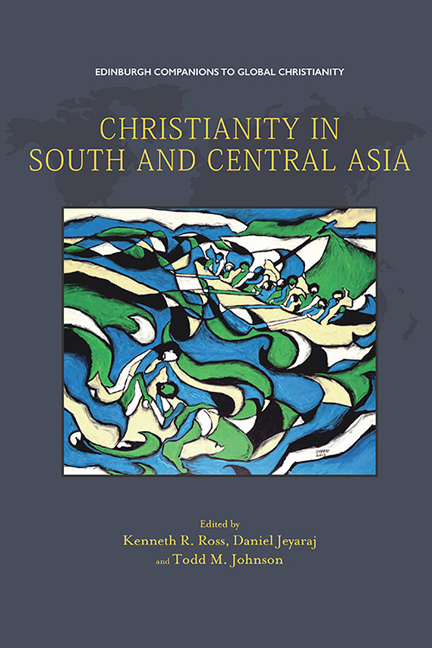Northeast India
Published online by Cambridge University Press: 30 April 2020
Summary
In the recent history of India, the north-east is attributed a distinct regional identity, as the land of seven sisters, Assam, Arunachal Pradesh, Meghalaya, Manipur, Mizoram, Nagaland and Tripura, but with a newly added state, Sikkim. An engrossing account of the cultural matrix of the Northeast India region can be traced in the varied folklore and mythology, relations between tribals and non-tribals, and historical and cultural relations between the resident populace. They have affinities culturally, traditionally and ethnically with Southeast Asians. In 1950 they were officially enlisted in the Scheduled Tribes of the Indian constitution. Before the designation of ‘tribes’ as ‘Scheduled Tribes’ in the hegemonic framework of the constitution of India, these tribal communities were termed by the British administrators as ‘primitive tribes’, ‘aboriginal tribes’ and ‘backward tribes’. This derogative suggestion was later adopted by the government of India in its policy-making and by social institutions in general.
By being held within the limitations of the structure and function of the nation, the Northeast communities have been systematically absorbed into the control of the social, cultural and political scheme of the secular nation since independence. The schedule that was established to enshrine some provisions and protections for the ‘tribals’ was an indirect abjuration of the identity of the indigenous communities of Northeast India themselves. This absorption poses a serious concern over the issue of identity of the Northeast people because their identity is ascribed along the lines of the dominant people, which is inevitably interpreted within the vocabularies of contrast. The ‘politics of belonging’ and the multi-layered methods of representation of the tribal people need to be considered in relation to the colonial era, independent India and the post-colonial framework.
Indigenous Peoples’ Struggle: Militarisation of Land
The conclusion of the Treaty of Yandabo at the end of the first Anglo-Burmese War, on 24 February 1826, brought about a change in the administration of the whole of Northeast India. This treaty ended the rule of the Burmese kingdom and established British power. The British East India Company established political control over Assam, Cachar, Manipur and Jaintia, and for the first time these regions were politically linked with the Indians.
- Type
- Chapter
- Information
- Christianity in South and Central Asia , pp. 156 - 167Publisher: Edinburgh University PressPrint publication year: 2019



